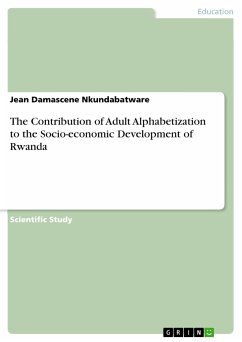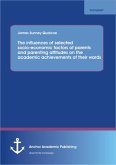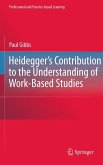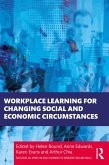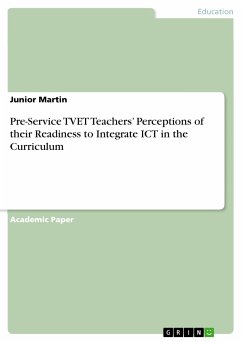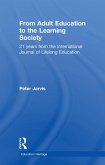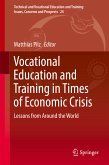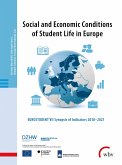Scientific Study from the year 2021 in the subject Pedagogy - Adult Education, Mount Kenya University, language: English, abstract: Alphabetization, or the mastery of printed information for everyday use at home, work, and in the community, is crucial for personal advancement and knowledge expansion. In Rwanda, high levels of illiteracy among the population pose significant barriers to socio-economic development at both individual and national levels. Recognizing this challenge, the Education for All (EFA) initiative in Rwanda aims to transform citizens into skilled human capital, thereby fostering socio-economic progress by promoting equitable access to quality education and addressing illiteracy. This study employs a descriptive design and scientific methodologies to investigate the impact of alphabetization on various aspects of socio-economic well-being. Data collection utilized questionnaires, with analysis conducted using SPSS v21 software, incorporating descriptive statistics and correlation analysis. The findings reveal compelling results: alphabetization significantly enhances the ability to generate income, with 88% demonstrating improved proficiency in income-generating activities. Moreover, 95% exhibit improved capacity to afford health insurance, and 98% are better equipped to invest in educational assets. Notably, the study demonstrates a marked increase in income levels, ranging from 4% to 65%, among participants of adult alphabetization programs, particularly those earning below 30,000 RWF These outcomes underscore the critical role of alphabetization in poverty reduction and enhancing the overall well-being of the Rwandan population, aligning with the government's broader objectives.
Dieser Download kann aus rechtlichen Gründen nur mit Rechnungsadresse in A, B, BG, CY, CZ, D, DK, EW, E, FIN, F, GR, HR, H, IRL, I, LT, L, LR, M, NL, PL, P, R, S, SLO, SK ausgeliefert werden.

